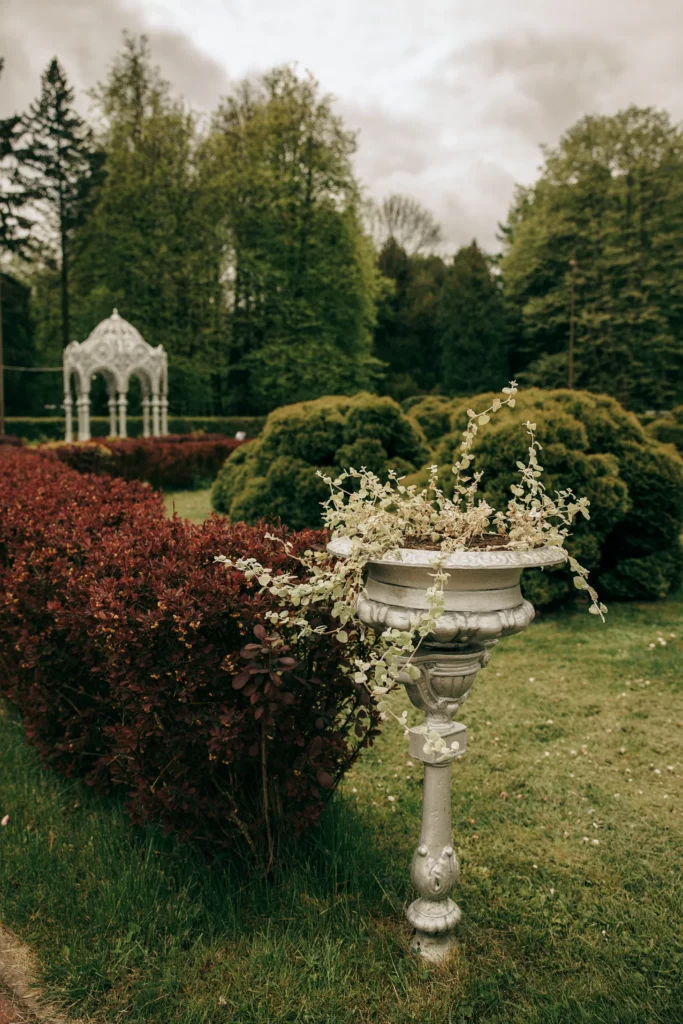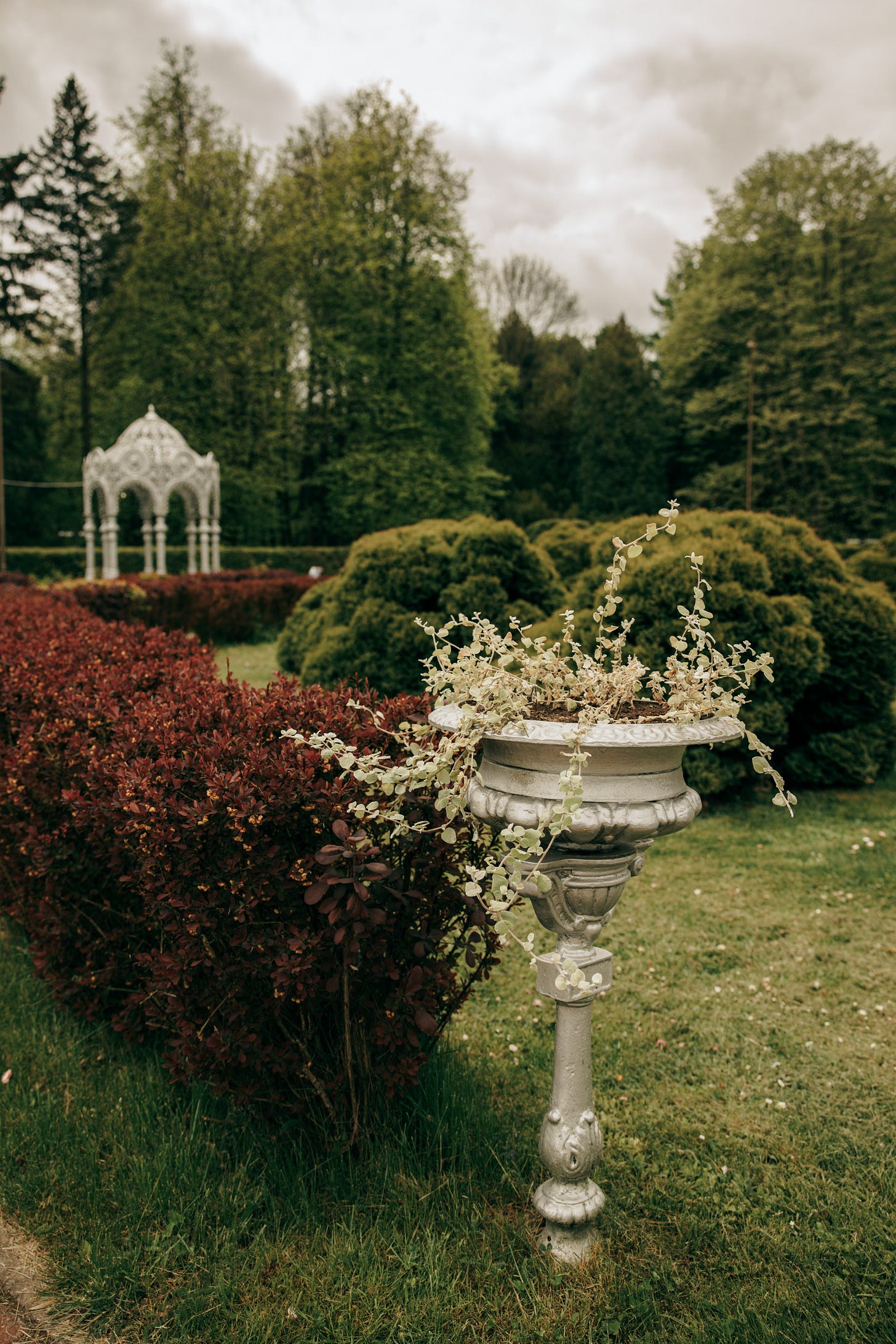An allegory that might explain why some people discover their autism late in life.
Imagine the mind, as a garden. In this garden there are all kinds of plants. In this garden, some gardeners keep the paths open. They prune this tree, and that bush, to make sure things don’t get out of hand. In this garden, some plants are completely removed when they show up. This is fine. This garden also has animals, but they are kept to specific areas, with fencing. This is also fine. This is the glory of the allistic mind.
For those who do not know, an allistic person is one which is not autistic. Now keep in mind here that I’m establishing an allegory. I’m not trying to explain what actually happens in the mind with this allegory.
Now imagine another type of mind, but also as a garden. In this garden there are all kinds of plants. In this garden, some gardeners keep the paths open. They prune this tree, and that bush, to make sure things don’t get out of hand. In this garden, some plants are completely removed when they show up. This is fine. This garden also has animals, but they are kept to specific areas, with fencing. This is also fine. This is the glory of the autistic mind.
What’s the difference between these two minds? The autistic mind does not have as many gardeners as the allistic mind. This is neither good nor bad. This just is. So the autistic mind of someone who is able to mask very well will need to get the gardeners to do much more work than in the mind of someone who is allistic. We, who have the ability to mask, will do this very well. Once in a while an animal will escape their enclosure, and our autism will show up. Or a plant that should be removed will stay longer than desired, and again, our autism will show up. This is neither good nor bad.
We, who have the capability to mask, will be able to get our gardeners to bear this extraneous load. However, with time, the extra load starts wearing down our gardeners. More animals manage to escape their enclosures. The plants that should be removed stay for longer periods of time. We start losing our capability to mask.
Eventually, some gardeners die from exhaustion or go on strike. The remaining gardeners have to concentrate on keeping the paths open, but soon the animals run free through the garden, and the plants that should be removed grow next to the other ones.
Finally, the mask is down, and we realize that we are autistic. Sometimes, this is a realization that we share with the world.
The allistic people in the world will sometimes interpret the sequence of event as indicating that you were allistic too but then became autistic. This is not the case. We are born autistic, but some of us have abilities to mask. Still, with age, we lose those capabilities. Often we lose them gradually, but sometimes external forces will cause such a shock to our system it causes an accelerated loss of these abilities. My cancer was such a shock.
Going along with the analogy, some people who do not mask may have even less gardeners than those who are able to mask. Or they have gardeners that get tired easily. Whatever the reasons, they start their life with the animals running around in the garden freely, and the plants that should be removed growing freely too. Still, they have enough gardeners to keep the paths open. This is also neither good nor bad. This just is.
The point, however, is that the number, fortitude and character of the gardeners is determined from birth. An allistic person does not become autistic. If they discover later in life that they were in fact autistic, it is because they were autistic all along but did not know it, due to their ability to mask.
The fact that in the imagery I used for the autistic mind, the animals are allowed to roam freely and the plants that should be removed are allowed to grow right next to the desirable ones is inherently neither good nor bad. It just is. For sure, how these manifest in the world can be deemed good or bad. They will be deemed good, if, for instance, you have an excellent musical memory. They will be deemed bad, if, for instance, you have a hard time making friends, or if, like myself, you suffer from insomnia. Still, it may be the case, that either characteristic, good or bad, originated from a plant that should have been removed but wasn’t, or an animal that was fenced but wasn’t.
Inherently, nothing I’ve described here is good or is bad. It is our reaction to those characteristics that make them good or bad. Again, what I’m talking about here is not a medical model. It is just an allegory.


Leave a Reply